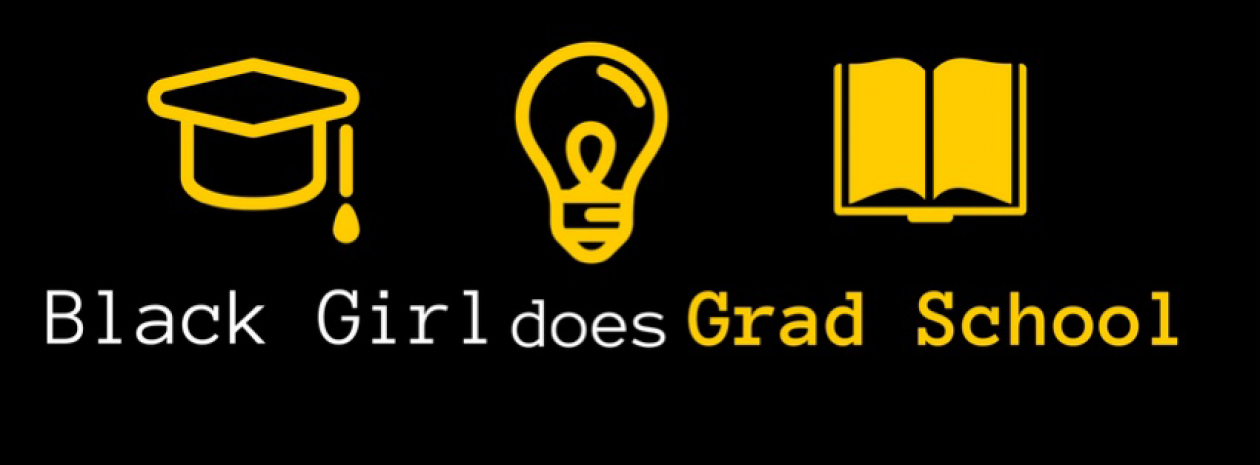If you’re reading this, more than likely you are where I am right about now: in the midst of classes ending, staring at a vast sea of papers to write and books to read. You might be wondering how am I going to juggle readings for class but also finish the semester out with strong papers and preserve my mental health?
I definitely do not have all the answers, but what I can provide is a guide to how I’ve survived the last three semesters and the push for final papers.
- Put your health first. Take care of yourself physically, emotionally, and mentally. Make sure you’re getting enough to eat, you’re resting enough and you’re emotionally supported. The fact of the matter is that you cannot be productive if you are not physically able to.
- RECOMMENDATION: If you don’t meal prep, maybe try it out during finals season, or at least cooking in bulk. Save yourself time and always have some fresh food around when you don’t feel like cooking or going out.
- Create a Schedule. When I’m about a month out from the end of classes, the first thing I do is create a schedule. I figure out when all my final papers are due, and then map out how much I need to write per week, at minimum, to reach my page minimums for the end of the semester.
- RECOMMENDATION: Write your schedule down. Put it in a notebook, in an app, on google calendars, but put it somewhere that you will see it so that you will hold yourself accountable.
- Start Early. We are so past the time when we could write papers the night before and get an A.
- RECOMMENDATION: Start early to give yourself as much time and space to work as possible.
- Set Goals for Yourself. In the same space where I create my schedule, I also create weekly and daily goals for myself. If, at the end of a week, I want ten pages written, I set a goal for two pages per day.
- RECOMMENDATION: Don’t forget to reward yourself for reaching goals, and be kind to yourself if you don’t get as much done as you’d hoped.
- Work on a Little at a Time. As I mentioned in Step 4, I break my weekly goals into smaller, workable pieces that I can do in one day.
- RECOMMENDATION: Setting my mind to working on two pages rather than trying to just tackle 25 pages is much more manageable.
- Get Drafts to Your Professors, if Possible. Many of my professors offer to read drafts, which is why you should (step 3) START EARLY.
- RECOMMENDATION: If you can get feedback on your work, you should!
- Peer Review. If your professors do not read drafts, read each other’s work! Just getting a fresh pair of eyes on something you’ve been working on for weeks can do wonders for your piece.
- RECOMMENDATION: Form writing groups with your colleagues. It’s a great way to hold each other accountable and also get feedback on your work.
- Leave Enough Time for Edits. Even though getting words on the page can be the hardest part, editing can take an even greater amount of time.
- RECOMMENDATION: Make sure that you start writing early enough that you can take a week or even a few days, to sleep on your words to make sure that you’re saying everything you need to say.
- TAKE BREAKS. Circling back to Step 1, remember this is a marathon, not a sprint. You need to conserve your energy, not blow it all at once.
- RECOMMENDATION: Watch Netflix. Go to the gym. Take a walk. Play with an animal. Chat with your friends about something other than what you’re working on. If you’re close to family, visit with your family– if not, maybe FaceTime them.
The most important thing to remember is that this too shall pass. Do your very best but take care of yourself in the process. As long as your priorities are straight, everything will be just fine.



